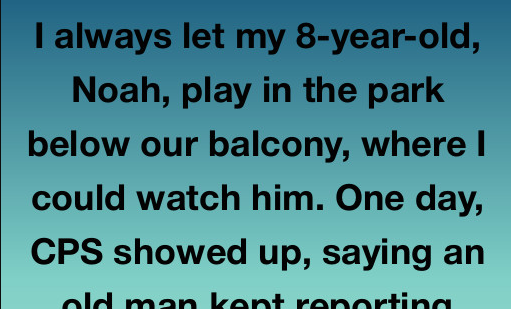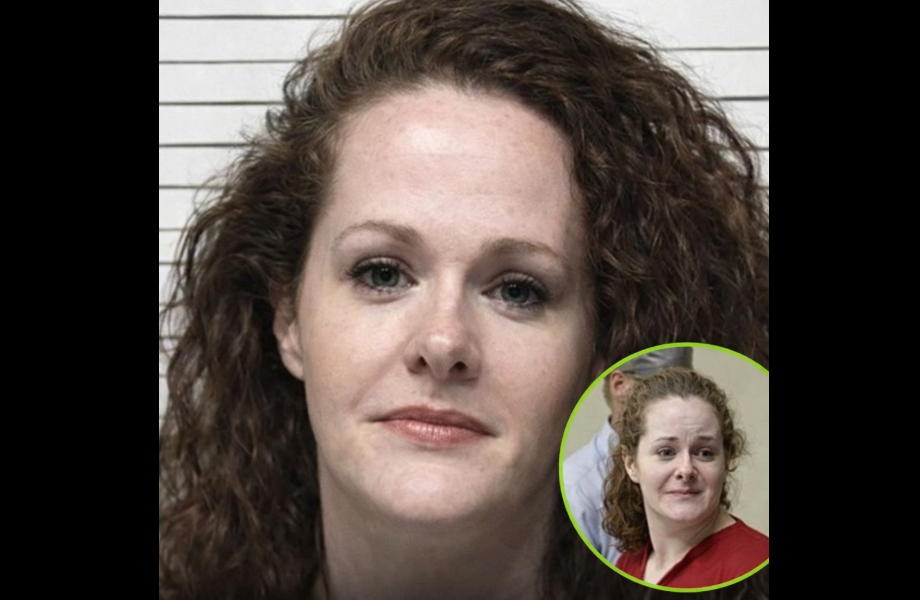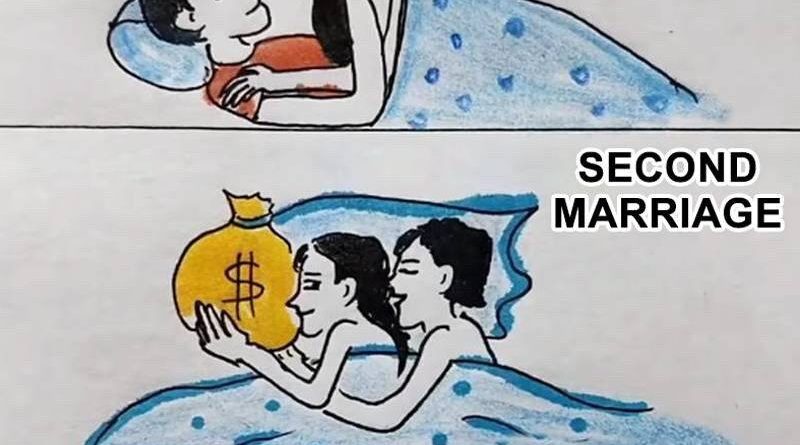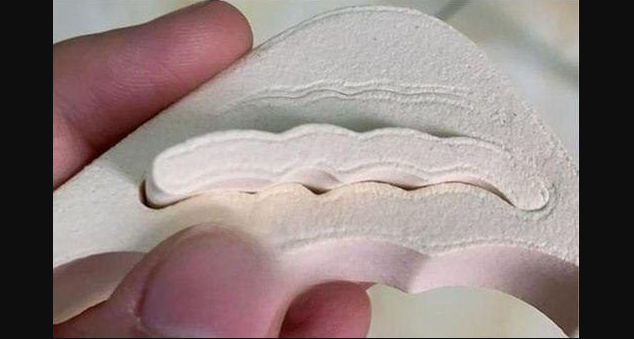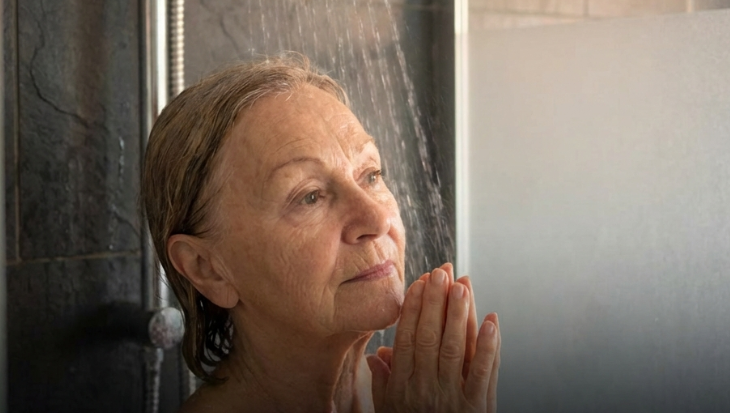Each afternoon, I allowed my 8-year-old son, Noah, to play in the park beneath our balcony, where I could keep an eye on him. One day, a CPS worker arrived at our door, explaining that an elderly man had repeatedly reported concerns about Noah. They interviewed Noah privately. When the worker emerged, her eyes glistened with unshed tears. She spoke gently, “He shared something I believe you should know.”
My heart sank. I rose from the kitchen chair, rubbing my hands anxiously on a dishcloth. “Is he safe? Did something happen?”
She glanced at Noah, now settled on the couch, engrossed in one of his dinosaur books. “He’s fine. But… are you aware of a man wearing a red cap? Noah says he often speaks with him at the park.”
I frowned. “No, he’s not supposed to talk to strangers. I monitor him every time he’s out there.”
She nodded thoughtfully. “He mentioned the man in the red cap sits on the same bench, scatters sunflower seeds for the birds, and shares stories about a boy who lost his mother.”
Her words struck a chord deep within me.
She lowered her voice. “Noah said the man told him he once had a son. And that his son’s name… was also Noah.”
My throat tightened. “What does that mean? Is Noah at risk?”
She quickly shook her head. “No, he’s not in danger. But the man who reported you for neglect? That’s the same man. He’s not trying to harm Noah. He’s… looking out for him. He thought no one else was.”
I sank back into the chair, grappling with the revelation.
Noah glanced up from his book and grinned. “Mama, can we bake lemon cookies later?”
The worker’s eyes softened with a warm smile. “You’ve raised a wonderful child. He told me you always watch him from the balcony, waving whenever he looks up.”
“I do,” I confirmed.
She stood to leave. “We’re closing the case. But perhaps… you and Noah should talk about this man. I think he matters.”
After she left, I prepared a snack for Noah and sat beside him. “Sweetheart, can I ask you something?”
“Sure,” he replied, munching on apple slices.
“The man in the red cap… does he have a name?”
He shrugged. “He didn’t say. But he knows tons about dinosaurs. He brings a little notebook and lets me draw in it.”
“And what else does he tell you?”
He paused, thinking. “He said when you lose someone you love, you sometimes find them in other people.”
I stared at him, stunned.
He took another bite and added, “He told me he lost his little boy. But being with me makes his heart feel okay again.”
That night, after Noah went to bed, I visited the park and sat on the bench he’d described. No man. No red cap.
But I noticed sunflower seed shells scattered near the bench’s base.
Every day afterward, I looked for him. I saw children laughing, couples strolling with dogs, teenagers gliding on skateboards. No red cap.
Until Thursday.
There he was, sitting quietly, tossing seeds to a pair of pigeons. His red cap was worn, frayed at the edges.
I approached cautiously. “May I sit here?”
He looked up, surprised, then smiled warmly. “Of course.”
We sat in silence for a moment.
“You’re Noah’s mother,” he said eventually.
“I am.”
“He’s a fine boy. Talks a lot, but in a kind way.”
I smiled. “He says you tell great stories.”
He chuckled softly. “Sometimes.”
After a pause, I asked, “Why did you report me?”
He looked remorseful. “I didn’t mean to cause trouble. I saw a boy alone and didn’t know you were watching. I was scared.”
“Scared of what?”
“Of him feeling like my son did. Like no one was there for him.”
I hesitated. “What happened to your son?”
He took a deep breath. “Cancer. He was nine. My wife passed a year later.”
I didn’t know how to respond.
“I come here daily,” he continued. “I sit on this bench, watch the kids. Most don’t notice me. But Noah… he always says hello. Always asks if I’ve eaten lunch. You’ve raised a good boy.”
My eyes stung. “I had no idea.”
“You wouldn’t. I didn’t want to overstep. But I kept worrying he’d get hurt. Even when I saw you wave, I doubted. I panicked and called CPS. I thought someone should check.”
I nodded slowly. “I understand now.”
“I’m so sorry,” he said, his voice heavy with regret.
“Would you still like to see him? Talk to him?”
His eyes lit up with surprise and hope. “If… if that’s all right.”
From that day forward, we welcomed him into our home for lemonade. Noah shared his drawings, and the man taught him how to make paper airplanes that soared straight.
His name was Mr. Whitaker. After a few weeks, at his request, I started calling him Hank.
We learned his wife’s name was Linda. She used to bake pies for the neighborhood. They’d had one son, also named Noah, born twelve years before mine.
Sometimes, Hank brought old photos. The resemblance between the two boys was uncanny—same eyes, same crooked smile.
One Sunday, after baking Noah’s favorite lemon cookies, Hank sat on our balcony, sipping iced tea.
“This,” he said, gazing at the park, “feels like home again.”
Over time, he became family. Noah started calling him Grandpa Hank. He picked Noah up from school when I worked late, taught him chess, and attended his birthday parties and school plays.
The neighborhood, once quick to judge me as careless, began to see us as a story of redemption.
But life often challenges the heart when you least expect it.
That winter, Hank fell ill. A persistent cough turned into a diagnosis of “advanced stage” with “little time left.”
He gave a weak smile. “I got more time than I ever thought I’d have again. That’s enough.”
We brought him to our home.
Hospice helped us prepare his room. Noah made him cards every morning. I cooked his favorite soup, even if he could only manage a few spoonfuls.
One night, I found him awake, staring out the window.
“Do you think I did right?” he asked.
“What do you mean?”
“By staying. By letting myself care again.”
I took his hand. “You gave us more than we could have hoped for. That’s everything.”
He passed two mornings later, holding Noah’s latest drawing—a sketch of the park bench, pigeons, and two boys with paper airplanes.
His will was simple. He left Noah a box of keepsakes, including the red cap.
Weeks later, a handwritten letter arrived, no return address.
It read:
“You don’t know me, but I’m the CPS worker who visited your home. I couldn’t share this then, but Noah said something unforgettable. He told me, ‘My mom loves me like sunshine, but the man with the red cap loves me like a hug you forgot you needed.’
I was struggling that day, burned out and jaded. But your son—and that man—reminded me why I do this work. You saved a boy. He saved a man. Together, you saved each other.”
Tears fell as I read it.
The park bench now bears a plaque:
In Memory of Hank “Grandpa” Whitaker
Friend. Father. Believer in Second Chances.
Children still play nearby. Birds still peck at sunflower seeds.
Sometimes, Noah and I sit there together. We talk about kindness, about how it can come from unexpected places.
And how, sometimes, another’s wounded heart aligns perfectly with your own.
The Lesson
Love never runs dry. It transforms, finding new ways to grow. What seems like an error—even a CPS report—can spark a profound connection.
So stay kind. Stay open. Never underestimate the power of a small act of care.
If this story moved you, share it. Someone out there might need their own red cap. ❤️
